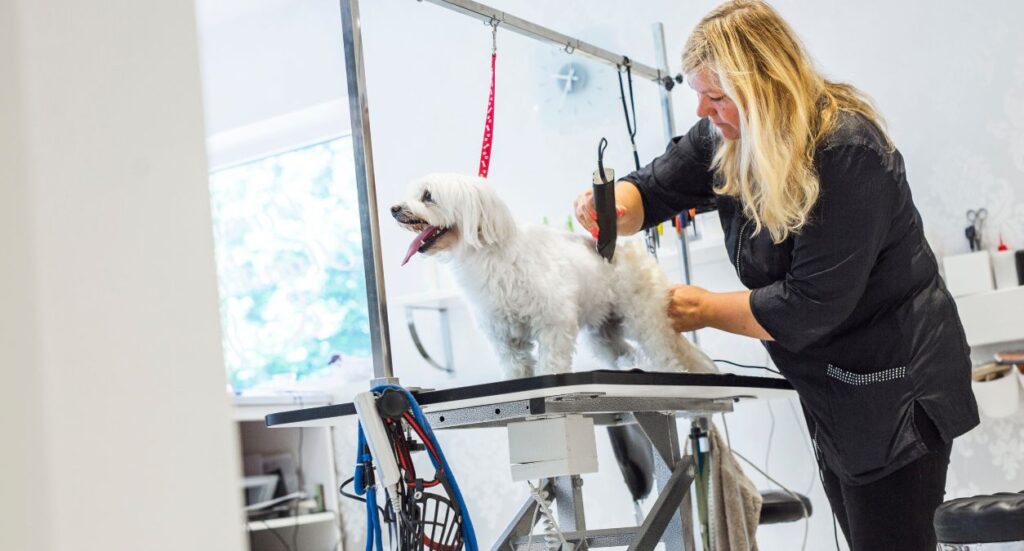Table of contents
Table of contents
If you love keeping your nails healthy and making them look fantastic, then there’s a career opportunity waiting for you as a professional nail technician.
As with most beauty treatments nowadays, there is huge demand for qualified, professional nail technicians to sell their services and add some shimmer to clients’ hands and feet. However, in order to make the most of the opportunity, there’s plenty to learn, do and understand, whether you want to work for yourself or for someone else.
In this guide, we’ll cover all the basics you need to know around how to become a nail technician. You’ll read about what it involves, the qualification and training that you need, your potential earnings, how to go about starting a nail technician business, and much more.
Get Nail Technicians Insurance from Protectivity
*Disclaimer – This blog has been created as general information and should not be taken as advice. Make sure you have the correct level of insurance for your requirements and always review policy documentation. Information is factually accurate at the time of publishing but may have become out of date.
Last updated by


















